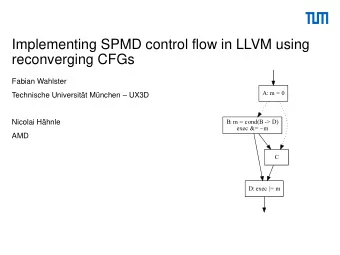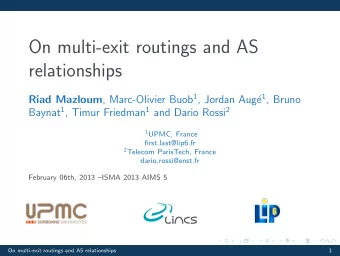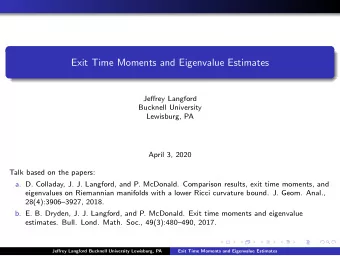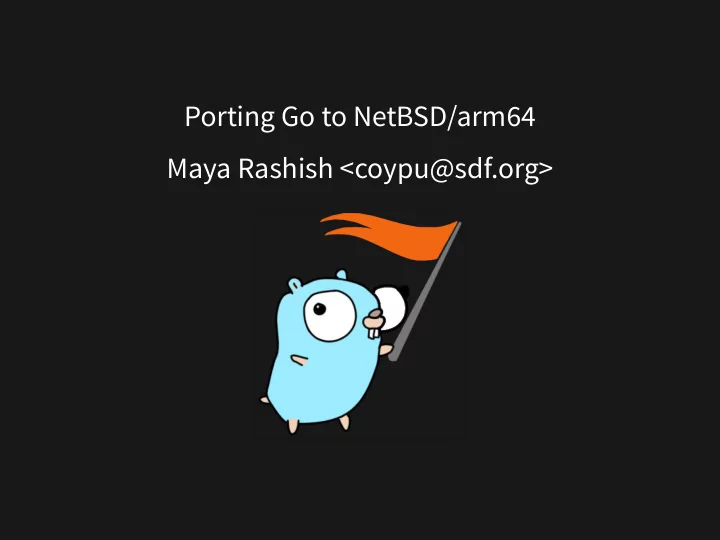
Porting Go to NetBSD/arm64 Maya Rashish <coypu@sdf.org> - PowerPoint PPT Presentation
Porting Go to NetBSD/arm64 Maya Rashish <coypu@sdf.org> Porting Go to NetBSD/arm64 Porting: making something run on another operating system or architecture Go: a programming language NetBSD: an operating system (1993-current) arm64:
Porting Go to NetBSD/arm64 Maya Rashish <coypu@sdf.org>
Porting Go to NetBSD/arm64 Porting: making something run on another operating system or architecture Go: a programming language NetBSD: an operating system (1993-current) arm64: CPU architecture (iPhone, most Android...)
Porting Go, a top-level overview 1. Adding your target to the list of supported targets 2. Several generated files 3. Operating System-specific calls
Adding your target to a list of targets Strategy: pretend it works, look up error strings ~/g/src> env GOOS=netbsd GOARCH=arm64 bash ./make.bash ... Building packages and commands for target, netbsd/arm64. cmd/go: unsupported GOOS/GOARCH pair netbsd/arm64
Generated files zsysnum, zerror... NetBSD pretty consistent: copy the amd64 files
Operating System specific logic open a file, create a thread... ~500 lines of assembly
WHY???
the stack stack pointer everything below the stack pointer is free to use.
Repercussions of using libc every thread needs its own "big enough" stack. constant overhead Need to save state Go puts in places that aren't kept by C
List of things to implement in "Go libc" lwp_create, lwp_tramp, osyield, lwp_park, lwp_unpark, lwp_self, exit, exitThread, open, closefd, read, write, usleep, raise, raiseproc, setitimer, walltime, nanotime, getcontext, sigprocmask, sigreturn_tramp, sigaction, sigfwd, sigtramp, mmap, munmap, madvise, sigaltstack, settls, sysctl, kqueue, kevent, closeonexec.
Know your C ABI: x0 x0 x1 x2.. x7.. stack int open(const char *path, int flags, ...);
SIMPLE IMPLEMENTATION: EXIT x86_64: // Exit the entire program (like C exit) TEXT runtime·exit(SB),NOSPLIT,$-8 MOVL code+0(FP), DI // arg 1 - exit status MOVL $1, AX // sys_exit SYSCALL MOVL $0xf1, 0xf1 // crash RET arm64: #define SYS_exit 1 // Exit the entire program (like C exit) TEXT runtime·exit(SB),NOSPLIT,$-8 MOVD code+0(FP), R0 // arg 1 - exit status SVC $SYS_exit MOVD $0, R0 // If we're still running, MOVD R0, (R0) // crash
Debugging: ktrace > ktruss -i ./hello ... 34 1 hello __sigprocmask14(0x3, 0, 0x1840c0) = 0 34 1 hello __clock_gettime50(0x3, 0xffffffffe8b8) = 0
C ABI? syscalls aren't required to follow that.
Signal handling ^T Expected: [ 3032.0244760] load: 0.64 cmd: cat 1530 [ttyraw] 0.00u 0.01s 0% 12 Got: Segmentation fault g is nil?
g: Best, easiest to search name goroutine specific accounting
What C ABI says about thread-local storage Memory area per-thread, each thread gets their own "mrs tpidr_el0, r0" #ifdef TLS_linux #define TPIDR TPIDR_EL0 #define MRS_TPIDR_R0 WORD $0xd53bd040 // MRS TPIDR_EL0, R0 #endif #ifdef GOOS_darwin #define TPIDR TPIDRRO_EL0 #define TLSG_IS_VARIABLE #define MRS_TPIDR_R0 WORD $0xd53bd060 // MRS TPIDRRO_EL0, R0 #endif lwp_getprivate?
Go dual nature cgo, using regular thread-local storage, easier to call C Normal go, assembly, standalone, very incompatible with C. g is x28.
SIGNAL HANDLING Want to pass information to signal handler NetBSD kernel signal delivery... tf->tf_reg[0] = ksi->ksi_signo; tf->tf_reg[1] = sip; tf->tf_reg[2] = ucp; tf->tf_reg[28] = ucp; /* put in a callee saved register */ Tramples some registers all the state to recover is in ucontext (ucp)
Can build hello world
Questions?
Recommend
More recommend
Explore More Topics
Stay informed with curated content and fresh updates.

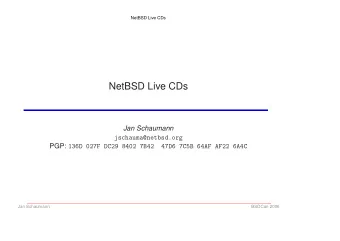
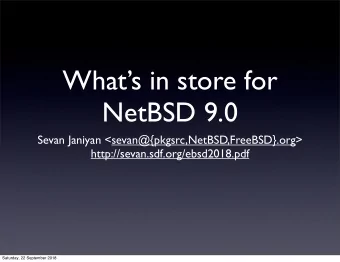

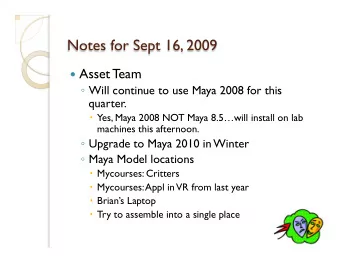
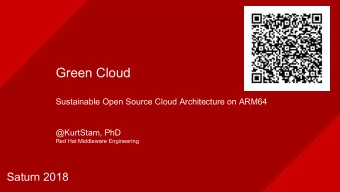
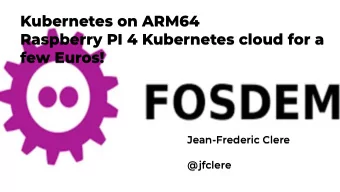
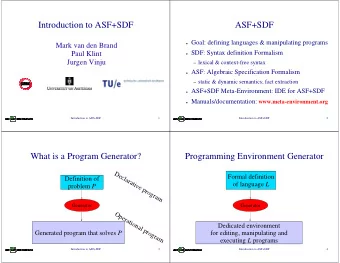
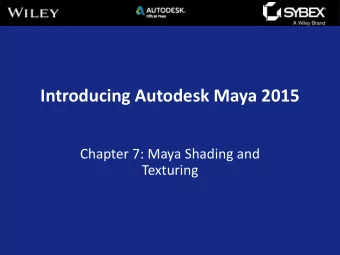



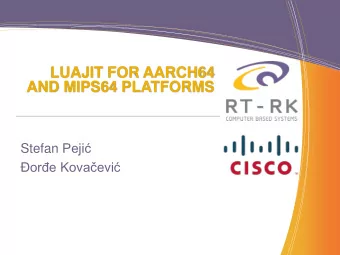
![Fuzzing Filesystems on NetBSD via AFL+KCOV Maciej Grochowski Maciej.Grochowski[at]protonmail.com](https://c.sambuz.com/860066/fuzzing-filesystems-on-netbsd-via-afl-kcov-s.webp)



